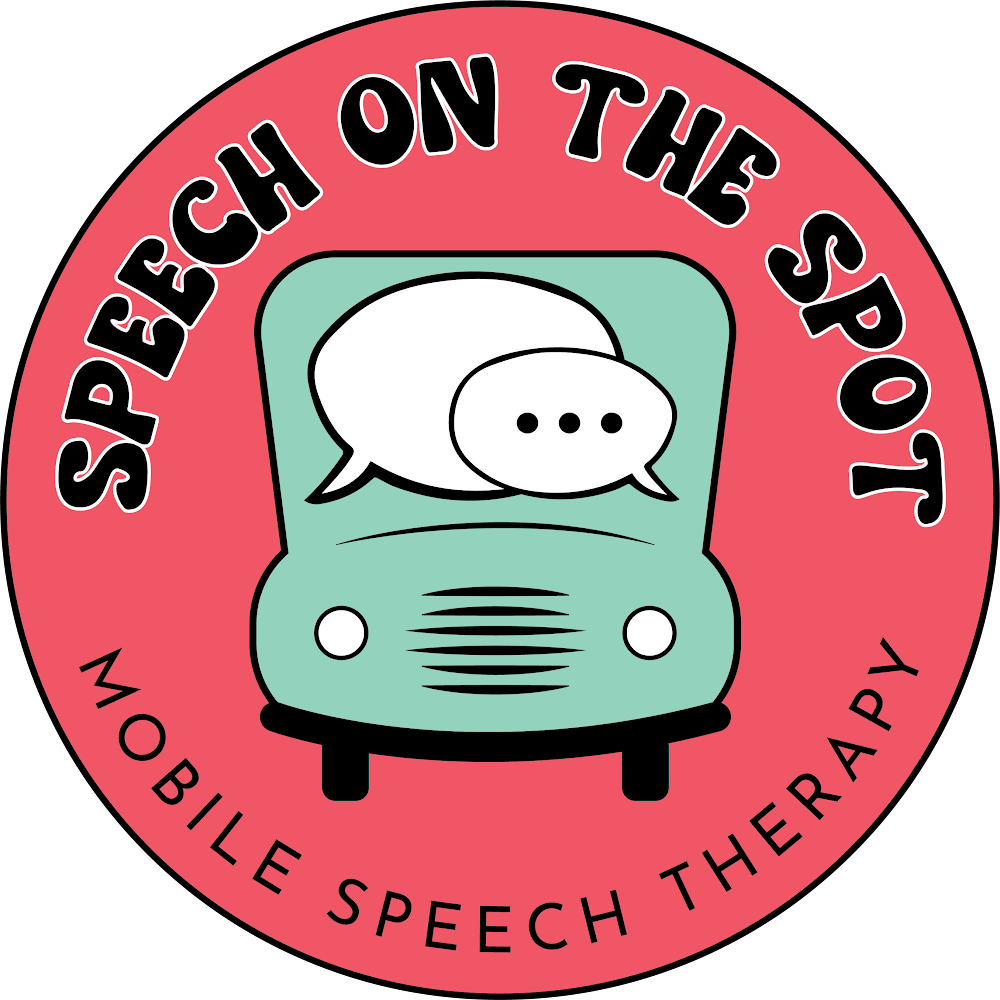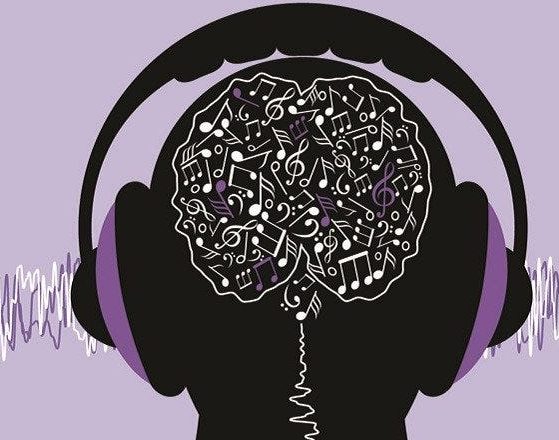Classical music, deeply rooted in the Western musical tradition, embodies intricate compositions, nuanced emotions, and elaborate orchestration, extending its impact far beyond mere enjoyment. Throughout history, it has profoundly shaped social, political, cognitive, emotional, and psychological aspects—from Martin Luther’s transformative role in the Reformation and Giuseppe Verdi’s stirring contributions during the Risorgimento, to Elfrida Andrée’s tireless advocacy for women’s rights and Jean Sibelius’s influence on Finnish independence. Such examples illustrate how classical music has not only reflected societal shifts but also actively fostered cultural unity and personal expression. However, its significance extends beyond societal and political aspects, extending to cognitive, emotional, and psychological aspects. By examining the neurological impacts of classical music’s effects and cognitive response, it reveals music’s profound capacity to access and stimulate specific cerebral circuits, enriching human experiences across various aspects.
Beyond its historical and cultural impact, classical music offers considerable cognitive benefits. Studies, including those emerging from Stanford University, suggest that listening to these compositions can sharpen focus, boost memory retention, and enhance overall cognitive processing. Specific brain regions associated with attention and visualization are activated during the processing of classical music, thereby enhancing focus and memory retention. Moreover, the intricate patterns and structures inherent in classical compositions stimulate creativity and problem-solving skills by engaging the brain. For instance, the so-called “Mozart effect”—where Mozart’s sonatas have been linked to improvements in spatial-temporal reasoning—highlights how intricate musical structures can support short-term memory and problem-solving. While classical music may not inherently augment intelligence, it plays a crucial role in slowing cognitive decline by activating nearly all brain regions, including the temporal and frontal lobes, ultimately promoting brain health and longevity. Thus, classical music serves as more than auditory pleasure; it serves as a pathway to enhanced cognitive function and overall well-being.
Moreover, classical music not only fosters enhanced cognitive functions but also plays a pivotal role in nurturing individuals’ emotional and psychological well-being. At the core of mental health therapy lies the profound power of human connection – finding connections with others who share similar emotional experiences. Classical music emerges as an avenue for individuals to find themselves through the vivid and conspicuous expression of emotions found in music. During moments of adversity and joy, classical music can mirror one’s emotions, validating and acknowledging their nuances. Whether it’s the melancholic cries of Barber’s “Adagio for Strings” or the triumphant melodies of Beethoven’s “Ode to Joy,” listeners discover solace in the harmonies that perfectly encapsulate their emotional states. This sense of validation fosters a sense of understanding of an individual’s emotions, empowering individuals to navigate their feelings with greater clarity and understanding. Furthermore, research has shown that listening to classical music can reduce stress and anxiety—lowering both systolic and diastolic blood pressure—and many therapists now use techniques such as the Bonny Method of Guided Imagery and Music to assist patients embark on inner journeys of self-discovery and healing, promoting physical and psychological transformation and well-being.
Lastly, listening to a classical music piece engages several intricate brain regions, each contributing to an individual’s understanding and appreciation of the auditory masterpiece. Beginning with the human ear, which captures the subtlest of sound nuances, and moves to the brain where these signals are interpreted as melody, rhythm, and timbre. The temporal lobe, for example, plays a crucial role in processing pitch—especially in individuals with perfect pitch who often show enhanced connectivity between their auditory cortex and frontal lobe. Changes in tempo are registered by the cerebellum, while the quality of sound, or timbre, is interpreted by the right hemisphere of the temporal lobe. The emotional impact of music, perhaps the most compelling aspect, is processed in the amygdala and hippocampus, regions central to emotion and memory. The amygdala, known for its involvement in emotion, memory, and the fight-or-flight response, reacts to the emotional content of music, evoking profound feelings within an individual. Meanwhile, the hippocampus plays a crucial role in long-term memories and processing spatial information, contributing to an individual’s emotional connection with music. Moreover, this intricate engagement fosters neuroplasticity, the brain’s remarkable ability to adapt and change in response to experiences, stimuli, and development. Neuroplasticity encompasses processes such as growth, reorganization, and strengthening of networks and synapses, allowing the brain to evolve and learn throughout life.
Reflecting on the profound neurological significance of classical music, which encompasses emotional and cognitive well-being, it underscores its transformative influence on individuals. From enhancing memory and cognitive abilities to offering emotional comfort and promoting neuroplasticity, classical music emerges as a powerful avenue for personal development and enrichment. Individuals must integrate classical music into their daily routines, whether by listening to it in the morning or attending concerts, as the potential benefits are innumerable. Through collective efforts to incorporate classical music into individual’s lives, individuals will pave the way not only for fostering appreciation but also for enhancing their overall quality of life, opening up new avenues for cognitive, emotional, and spiritual fulfillment.
Works Cited
- Why is classical music called ‘classical music’? – Classic FMC
- Classical music that changed the world – ABC Classic
- Music and the brain: the neuroscience of music and musical appreciation – PMC (nih.gov)
- Exploring the Brain’s Response to Different Musical Genres – Very Big Brain
- Harvard neuroscientist: The No. 1 type of music for focus and concentration—and it’s not classical (cnbc.com)
- Classical Music and Memory (musicofthemind.org)
- The transformative power of music: Insights into neuroplasticity, health, and disease – ScienceDirect
- The Benefits of Listening to Classical Music for Studying | AdmissionSight
- The Mozart effect on short-term memory – London Metropolitan University
- Brain Health: What is brain health and why is it important? – PMC (nih.gov)
- The Emotional Power of Classical Music: How Timeless Pieces Invoke Our Deepest Feelings – Classical Clips
- The transformative power of music: Insights into neuroplasticity, health, and disease – PMC (nih.gov)


































